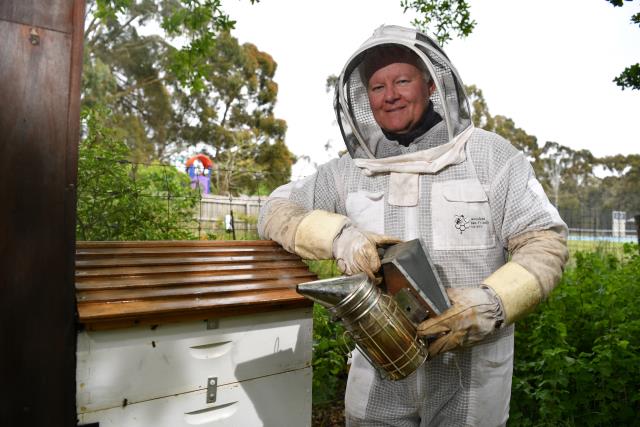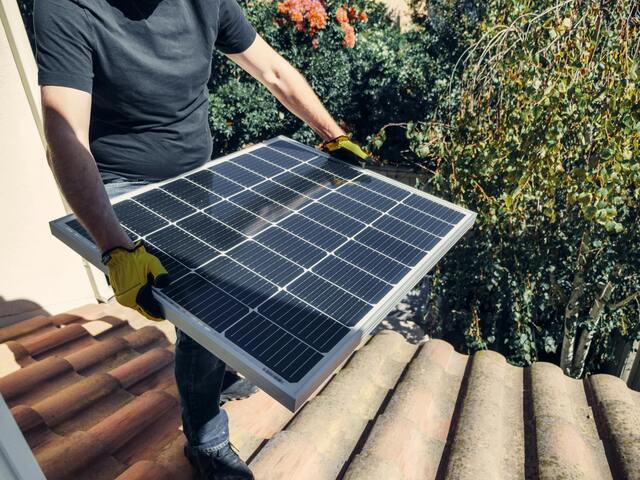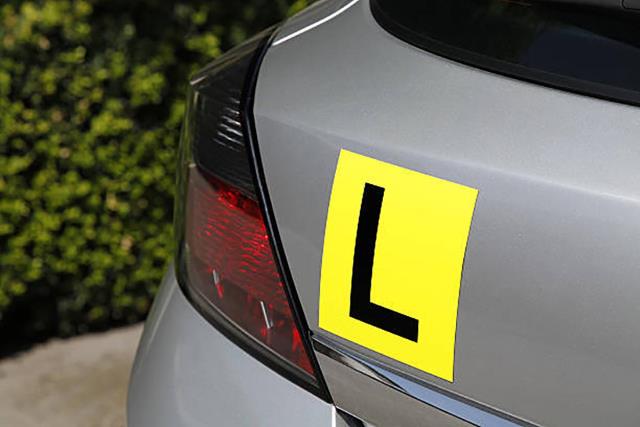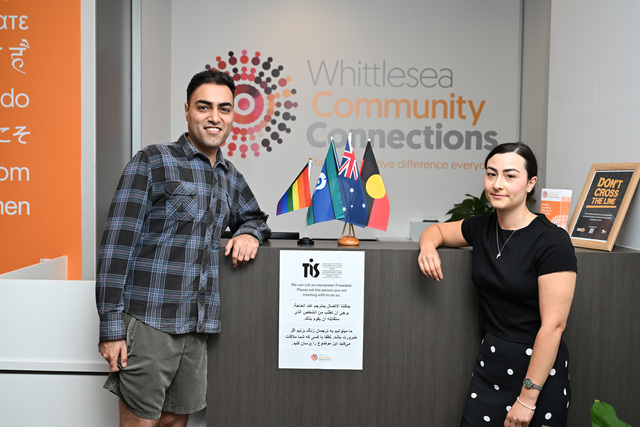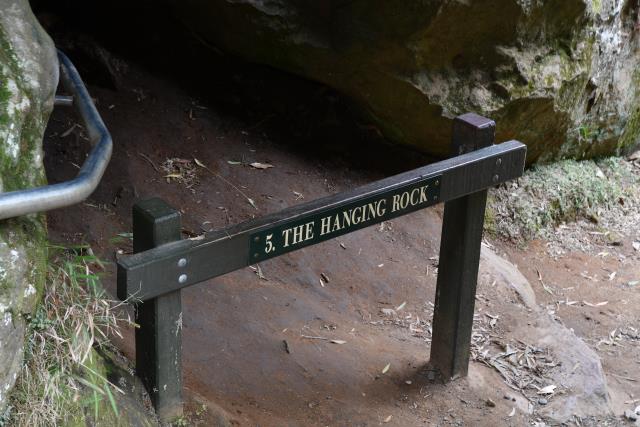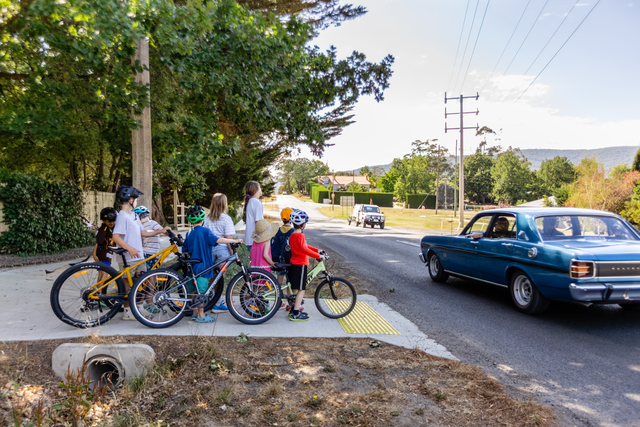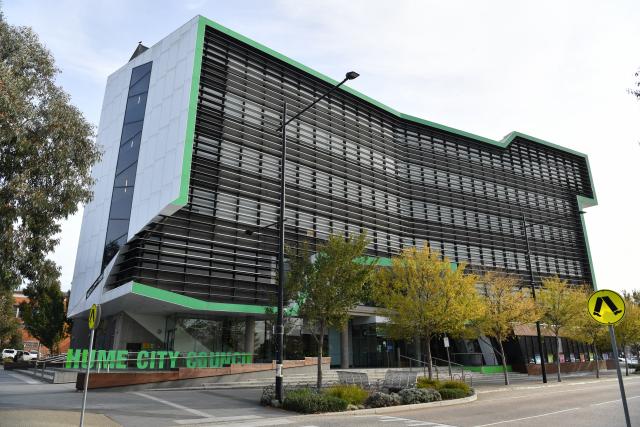There’s anxiety brewing among local beekeepers after a damaging parasite was detected in New South Wales, which could have a devastating impact on the Australian bee industry.
The offending critters are called varroa mites, and were detected in late June in biosecurity surveillance hives at the Port of Newcastle.
Since then, NSW has declared a statewide emergency order to control bee movement, with bees within 10 kilometres of the Port of Newcastle exterminated.
Woodend Bee-Friendly Society (WBFS) co-founder Ross Brierty said the action group is encouraging members to be vigilant and check their hives for the mite.
“I think every beekeeper would be concerned about what’s going on in New South Wales at the moment.”
Fast-breeding and tiny, the ‘Varroa destructor’ weakens and kills honey bee colonies and can transmit viruses, harming their ability to fly, pollinate and find food. If the current outbreak is thwarted, Australia will remain the only continent on earth without the mite.
As of Tuesday, July 5, tracing efforts detected five new varroa-infested beehives at Bay, Heatherbrae, Williamtown, Mayfield and Lambton. Another emergency zone was declared following the discovery of a mite in Narrabri, in north-west New South Wales.
Australian Honey Bee Industry Council chief executive Danny Le Feuvre said while he was disappointed the mite had made its way to Australia, it wasn’t surprising.
“We’ve been told for years that it’s not the case of if, but when,” Mr Le Feuvre said.
“We as an industry have been prepared for this, we’ve got a number of plans in place to effectively eradicate and if we’re unsuccessful at that, we do have plans for living with the mite as well.”
He noted while more than 2000 hives had been checked and traced, only a few had turned up the mite which was reassuring.
“At this stage we’re not seeing a huge amount of natural movement, or spread in landscape and we’re still really confident that we’ve got the ability to eradicate,” he said.
Matthew Croatto, WBFS biosecurity representative, said he was concerned about the spread as affected colonies had to be destroyed.
“They can’t take the risk. Because of the speed at which [varroa mites] breed, they can’t take a chance that there’s one mite within the colony,” Mr Croatto said.
A varroa mite outbreak would be disastrous to the Australian agricultural industry too – with crops including apples, almonds and berries reliant on bees for pollination and production.
On Wednesday, July 6, Victorian authorities announced restrictions on the movement of bees and their hives into the Sunraysia region, which shares a border with NSW.
Sunraysia almond producers require about 277,000 hives to pollinate their crops in August, about half of which hail from NSW and Queensland. Beekeepers must apply for a permit to do so.
Trentham Honey’s Lindsay Morris said he just hoped the parasite doesn’t make its way down here.
“I just hope they get it under control,” he said.

